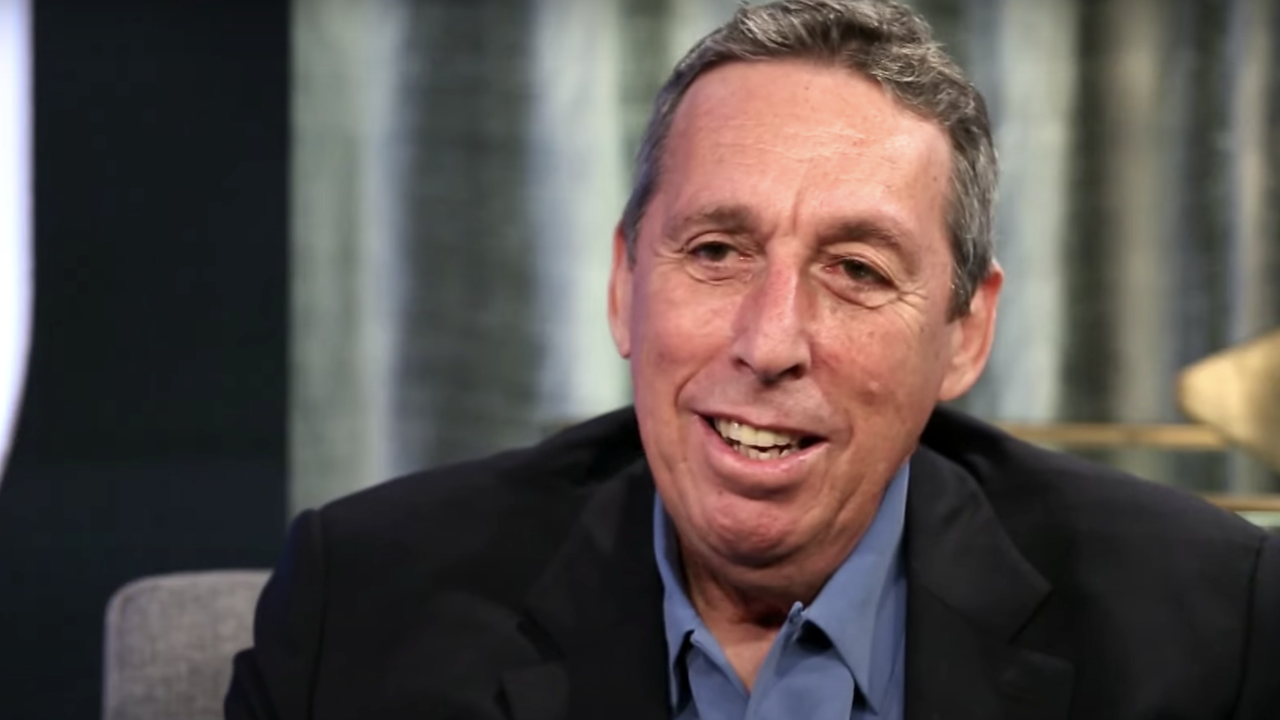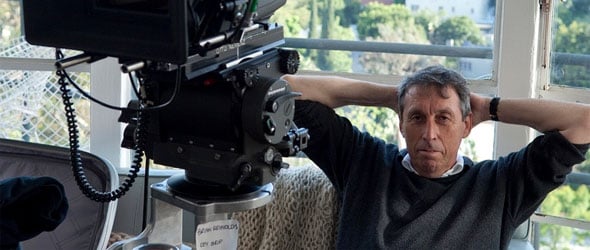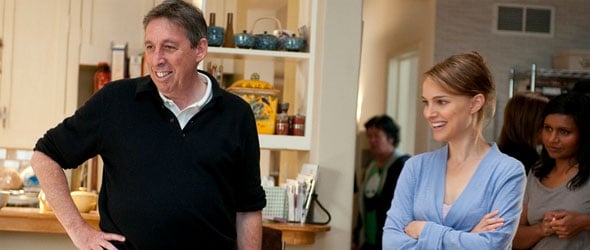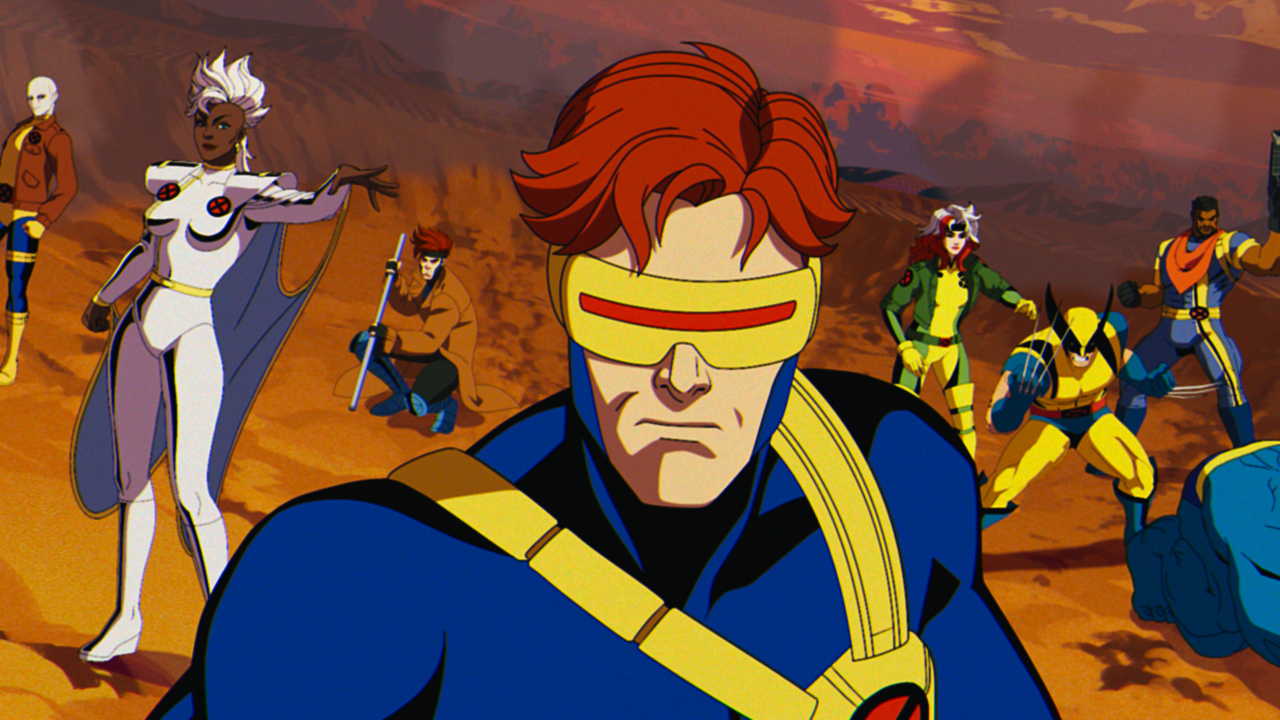Exclusive Interview: No Strings Attached Director Ivan Reitman

Your Daily Blend of Entertainment News
You are now subscribed
Your newsletter sign-up was successful
Ivan Reitman has spent his career both directing and producing some of the greatest comedies in the modern era, including Ghostbusters, Stripes, Animal House and Dave. Certainly a man that can be considered a legend in his field, it goes without saying that I was honored when I found out I would get the opportunity to speak with him one-on-one.
Promoting his newest film, No Strings Attached with Natalie Portman and Ashton Kutcher, we discussed what it was like working with Kevin Kline after so many years, the value of drama in a comedy, and ensuring chemistry between his two stars. Check it out below!
With this film you’ve officially directed at least one film in the last six decades. From your experience, how has comedy changed since you first got started?
[Laughs] Did you check that on IMDb? You know, I used to get this question all the time, every decade. I think language changes subtly. The stories change in terms of the attitudes of the characters. Like a good way to look at No Strings Attached is to sort of compare it to When Harry Met Sally, like three decades ago. And that was a wonderful movie that was actually really perfect for that zeitgeist, of that era. That asked the question can a man and a woman be…what is the question… can they stay friends if they ever had sex? This almost asks the total opposite, is it possible to just have sex without a romantic relationship. And that’s a really generational change of social attitudes, but the comedy works the sort of same way. It’s the figures you’re moving around are thinking in a slightly different way.
In mentioning the language, this is actually the first R-rated film you’ve directed since Stripes back in 1981. In terms of the material that you’re working with, how does that change your approach?
Well, it’s freeing in terms of not having to couch things. I decided very early on that No Strings Attached just had to be honest; that the comedy was going to have to come from a very naturalistic, honest depiction of real people in a real situation. And the last time I really did that was Dave, even though that was actually a science-fiction movie. That sort of strictness of tone was the last time I found myself applying the rules of performance. And it wasn’t so much the rating, I didn’t even think about rating. I assumed this was going to be an R-rated film because of the sexual conversation in it and just the natural use of language. There’s not an enormous amount of nudity, there’s hardly any nudity in it or any of that stuff. There was never any design, but I knew it was going to be an R-rated film.
The Todd Phillips movies that I produced and was sort of really intimately involved in and Private Parts, which I almost directed, those were films that I was very intimately involved in the development process and every aspect of those movies. In retrospect I should have directed Private Parts, I mean I almost did everything but direct it. It was sort of my movie and Howard [Stern] and I were sort of the closest on that. But apart from that I think that all my choices of not directing were right, just in terms of my experience.
Your Daily Blend of Entertainment News

While we’re on the subject, there’s been a lot of controversy surrounding the MPAA recently and their standards for movie ratings. What’s your personal take on it? With the changes that we’ve seen in our language and our society, do you think it’s time for the standards to be updated?
I don’t think cursing alone, and language, should be a criteria for throwing something into as restrictive a label as an R-rating.
You also mentioned Dave earlier, and this is your first time working with Kevin Kline since 1993. Have the two of you stayed close since then and how did he come to the project?
Not close. I actually called him up and said, “You have to do this.” He had turned me down a couple times on a few other things that I wanted him to do. Not films that I was directing, but films that I was producing I was hoping he might do. I said, “Look, I’m directing this one. You have to do it.” And it was a much smaller part than he usually likes. He doesn’t usually like taking kind-of glorified cameo roles. And I’m so happy he did it. He’s so perfect for this and he’s so funny. I can’t think of anyone who would have done as good a job as he could have.
One of the bigger aspects of this film is the relationship between the characters played by Natalie Portman and Ashton Kutcher. During casting and during production, how did you ensure that the chemistry would be there?
As much as we like to think that we can affect chemistry we can’t. You can create good situations for the actors to be in, the scenes that they get to play have to be good ones. You know, that helps also [laughs]. You just look at them, the two of them together, and they were talking, and every once in a while you saw them startle a little bit. You saw how lovely that was. It allowed for the suspension of disbelief that all good movies need to have, especially romantic comedies or movies that involve a personal relationship between two people.
I cast Natalie first, she was cast almost three years ago. She actually called me because she had read a very early draft of this because it was out there and was a very highly praised first draft. She said, “I think I can do this,” and I met with her and I thought she was perfect and she had never done anything like that and she was mostly known for her kind of thoughtful/serious work. And I locked her in, she hung in there with us, much like she did with Black Swan. She’s always very confident in her choices and I love that. There was a real sense of, “This is what I like, I’m okay with it no matter what anyone says.” And she hung through with some very tough periods where I didn’t know if we were going to be able to get the movie made because romantic comedies are… this is not really a true romantic comedy, it’s almost an anti-romantic comedy that turns out to be quite romantic and emotional. So getting it made was not particularly easy, even though the budget is very low.
So we had her, and just as I was going to try to show a new side to her as an actor, I thought, when I thought of Ashton, I said, “Well, here’s a guy whose whole persona is formed by Punk’d and by That 70’s Show and Dude, Where’s My Car?,” but he’s actually kind of the serious, thoughtful, handsome, but almost intellectual kind of guy, but he’s a guy. He’s really a guy. He’s not kind of this wimp. I worked with him and I think he’s wonderful in this movie and I think the two of them, fortunately, had this extraordinary chemistry. I saw it as soon as I finally got them in a room together to do a rehearsal. I said, “Oh, thank God [laughs]. This movie’s gonna work!”

You mentioned that the script has spent a lot of time in development. How much did the story and the characters change from the first draft to the shooting script?
Certain things that were there right from the beginning… a lot evolved, a lot of the plotting evolved and the complexity of the characters. A lot of the big set pieces were there quite early. The story took on more weight, there were more characters thrown in, a lot of the secondary characters were new. The first draft was always just the two of them, period.
I was watching a documentary about Animal House a few weeks back and remember a story about the first time the film was screened for the studio and they stopped the screening when Otter was getting beaten up. When John Landis explained that the scene wasn’t meant to be funny, the studio head said, “Oh, so were making comedies that aren’t supposed to be funny” and left. Do you think that dramatic elements are needed in comedy just to keep things grounded?
That sounds like John Landis setting a dramatic scene [laughs]. Not necessarily. There’s certainly been plenty of great comedies that have not an ounce of seriousness or even reality. It’s a broad genre that holds a lot of different things. This is hopefully a real, serious comedic look at a moment in how people are dating in this decade and over the last five years and what the rules of engagement are as far as interpersonal relationships are in a certain moment. So it had to be grounded in a level of reality, but I wanted it without harming the comedy. For me, at the core of this is that it’s funny.

I also wanted to ask you a few questions about Ghostbusters III. Is the project still in line to start production in May?
Well, we have to get our actors. We don’t have actors yet. We have some actors who seem to be interested in doing it, a ton of interest in the film. Bill Murray hasn’t read a script yet.
Has the casting process begun or is everything theoretical at this point?
Virtually everything you’ve read on the internet is not accurate, including things on your own site [laughs]. Both in terms of plot detail, but mostly all of the sort of “who’s read what” and “who’s in and who’s out.” It’s not even been a little bit really until about a month ago when the script got finished. That was the first time the script was finished and we all liked it and we sent it off to Bill to see what he thinks.
This is the script by Gene Stupnitsky and Lee Eisenberg?
Yup
How much contact have you had personally with Bill Murray about the project?
A little bit, but not a lot of contact.

Eric Eisenberg is the Assistant Managing Editor at CinemaBlend. After graduating Boston University and earning a bachelor’s degree in journalism, he took a part-time job as a staff writer for CinemaBlend, and after six months was offered the opportunity to move to Los Angeles and take on a newly created West Coast Editor position. Over a decade later, he's continuing to advance his interests and expertise. In addition to conducting filmmaker interviews and contributing to the news and feature content of the site, Eric also oversees the Movie Reviews section, writes the the weekend box office report (published Sundays), and is the site's resident Stephen King expert. He has two King-related columns.
